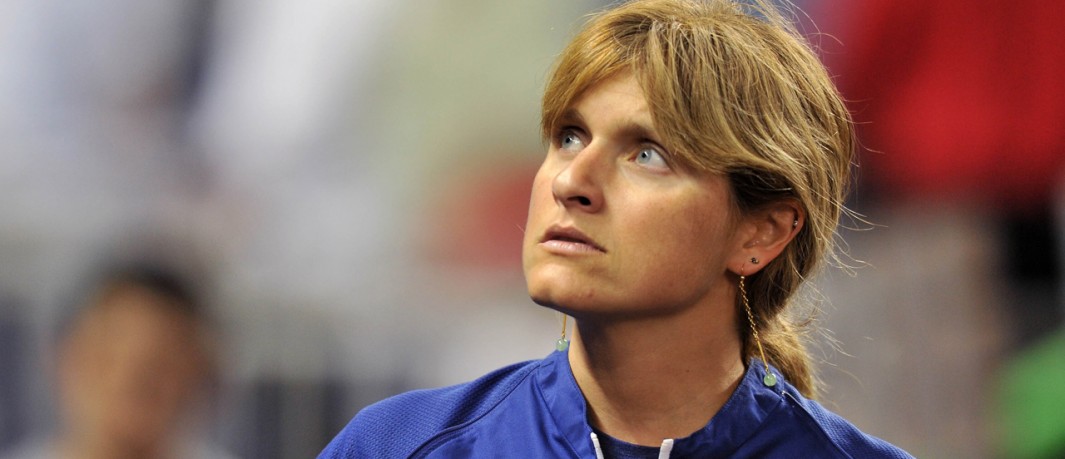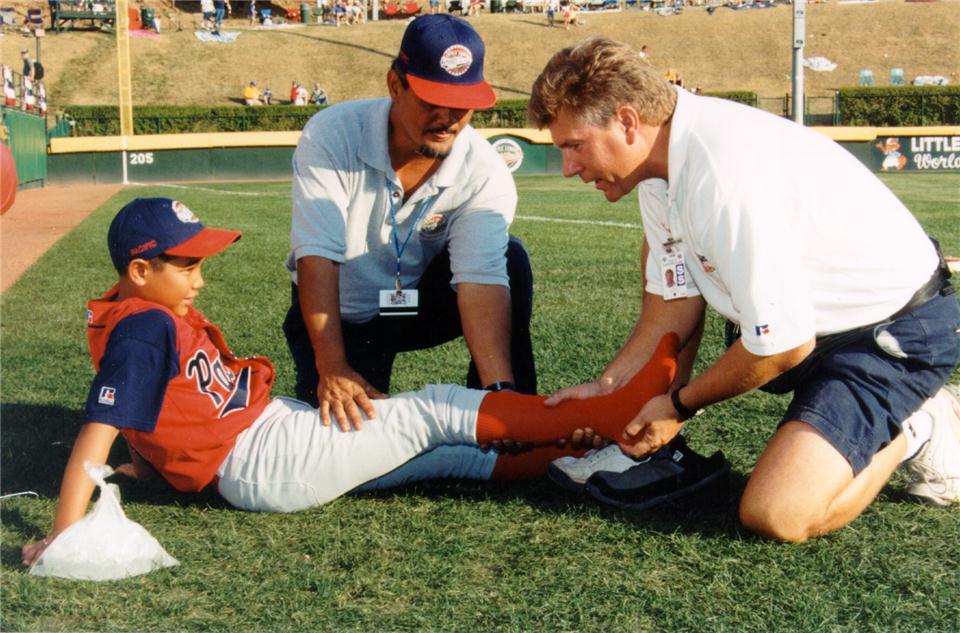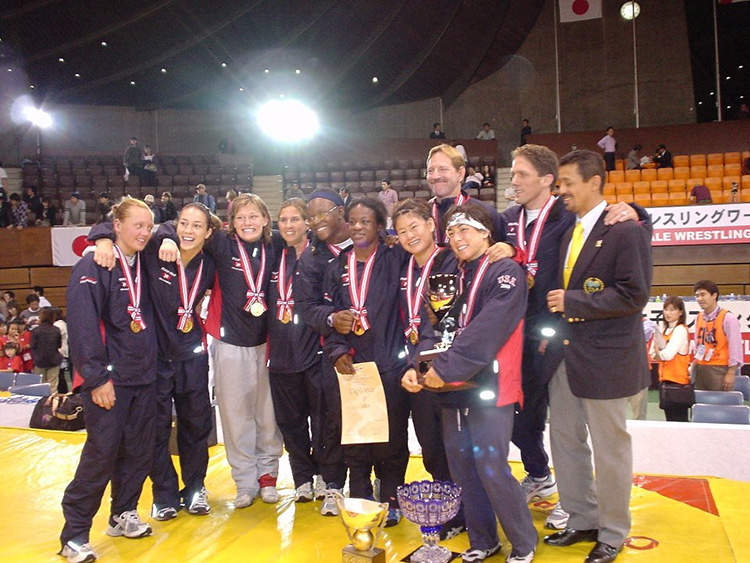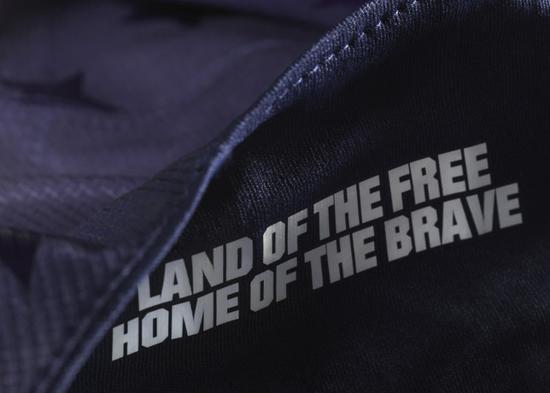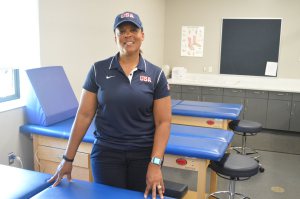
Los Angeles Southwest College’s athletic trainer Willda Jarrett has helped some of this country’s elite athletes during her almost 30-year career, but the high point may have taken place this past summer working at the World Deaf Championships in Taoyuan, Taiwan on the staff of the gold-medal winning United States women’s basketball team.
“I twice worked the Olympics but the World Deaf Championships was better than that because I was able to communicate with these athletes using sign language,” Jarrett says. “I learned so much about deaf culture and who they are. It was an amazing experience.”
Jarrett, 52, served as an athletic trainer during the Summer Olympics in 1984 in Los Angeles and in 1996 in Atlanta, and is about to start her ninth year with the Cougars football as well as men’s and women’s basketball teams. Her areas of expertise are assessing and evaluating orthopedic injuries as well as prevention and rehabilitation.
For about a month this summer, Jarrett was totally immersed in the deaf culture as Team USA trained in Northern California and competed in the World Deaf Championships in Taoyuan, where the squad defeated Greece in the semifinals and Lithuania in the finals.
Jarrett, who is not deaf but has a sister who is, says that while body parts and injuries are the same for all athletes, her experience working with deaf athletes was special because there are so few certified trainers who can communicate with them through sign language.
During her time with the team, Jarrett learned that many deaf players have not received proper care because of the language barrier. One athlete complained about having Anterior Compartment Syndrome, commonly mistaken for shin splints, and Jarrett was able to clearly explain to her through sign language the necessary surgical procedure that she would have to have. Previous medical experts lacked the necessary communication skills to properly communicate with the athlete about her injury.
Jarrett did not learn sign language until she was in her mid-30s when she took a couple of classes in American sign language, and joined the sign language ministry at her former church. After going 20 years without using her skills, she recently began serving on the sign language team at her current church. This restart led to a chance meeting in the spring with Vic’Toria Crockett, an assistant coach on the United States deaf women’s basketball team, who mentioned that the team was looking for an athletic trainer who could communicate with the players through sign language. Jarrett said she jumped at the opportunity because she had specifically wanted to help deaf athletes for many years.
“I never wanted to travel internationally and I don’t like long plane rides or time changes, but I would definitely go out of the country to travel with this team because the athletes just don’t get proper care because of language barriers — that’s what drives me to help them,” Jarrett says.
As the official athletic trainer for the USA Deaf Women’s Basketball team, she will be working with the team at the Summer Deaflympics next July in Turkey.
Link to Connect newsletter can be found here.
Link to Willda’s article on the Los Angeles Southwest College website can be found here.
Courtesy of Benjamin Demers, Public Information Officer at Los Angeles Southwest College
ORIGINAL ARTICLE:
http://www.fwatad8.org/helping-us-win-gold-lasc-at-works-world-deaf-championships/

